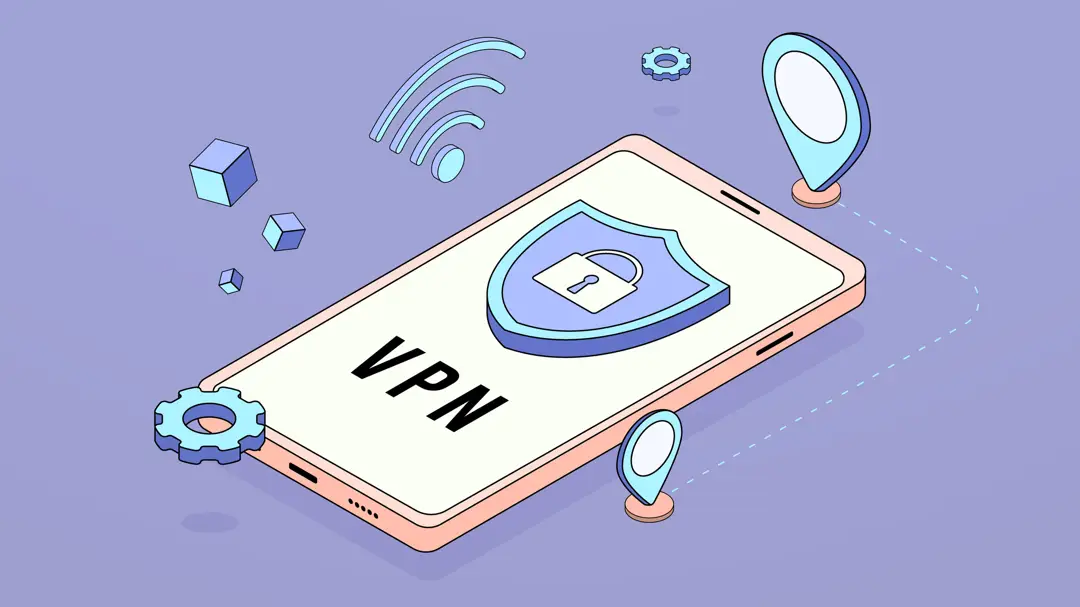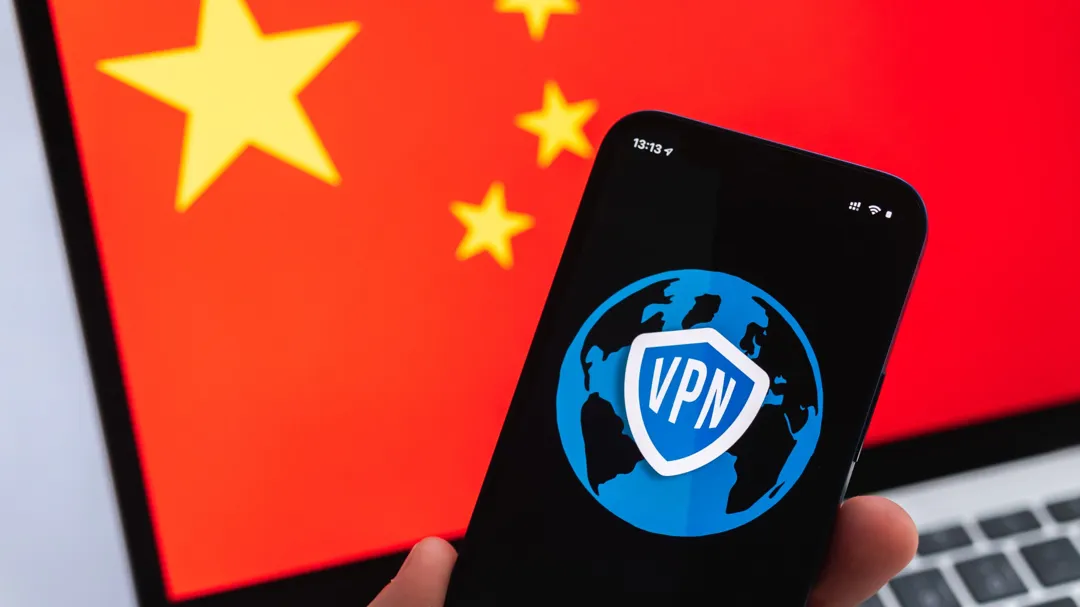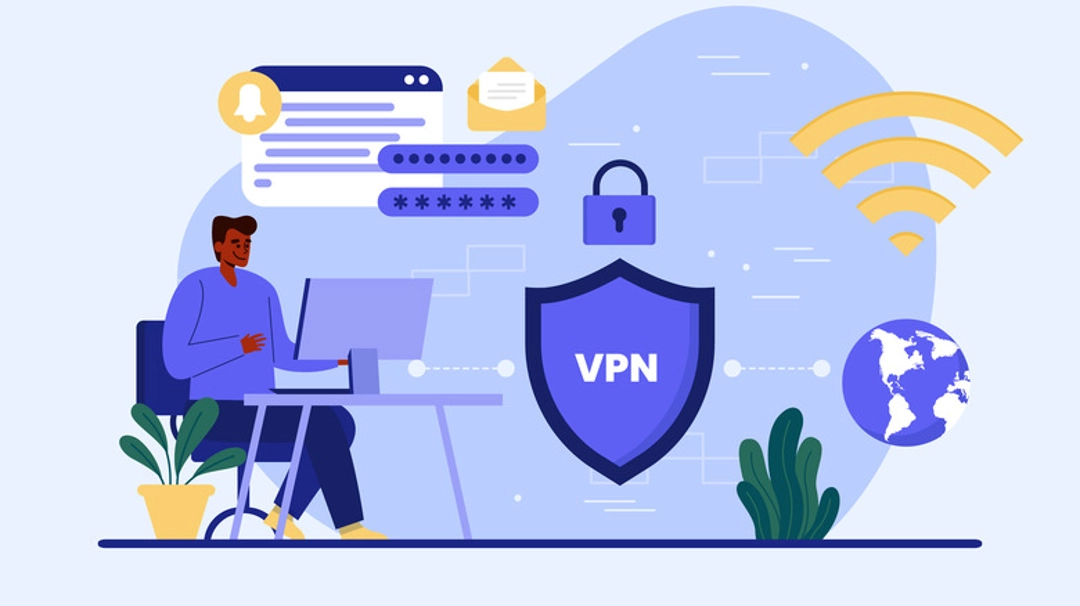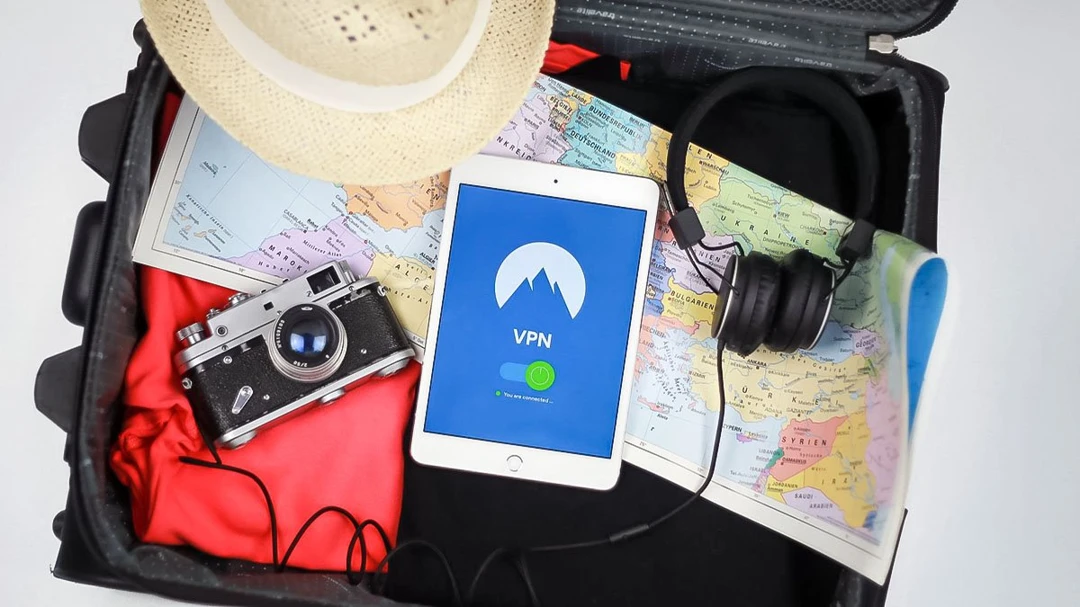Planning a trip to China?
But before you go, there’s one thing you can’t forget: access to the internet. All of the big websites and apps you’re used to using — Google, Instagram, WhatsApp, and even Gmail — are all blocked in China. That’s where a VPN comes in.
In this guide, we’ll explain everything you need to know about why you need a VPN in China, how to pick the best one, and what VPNs work on the Great Firewall, so you don’t lose any of your connections or travel intelligence.

Why You Need a VPN in China
If you’re visiting China, one of the first things you’ll hear about is the Great Firewall. It’s an elaborate internet firewall and censorship system that restricts access to pretty much everything online.
Most Western social media sites, such as Facebook and Instagram, and Google are blocked, so without a VPN, you won’t be able to access a lot of the websites you know and love or communicate with friends and family.
Now, you might be wondering why you need a VPN in the first place. Well, much like a secret tunnel, a VPN can make it safer to use the internet and also allow you to visit websites that would otherwise be blocked.

While they may be able to stop you from seeing that new show, they can’t do anything to stop you from using a VPN to access it!
And VPNs don’t just help with websites either — they help keep your online data safe when you’re on Wi-Fi in public places such as coffee shops and airports.
Also, not all VPNs work equally well in China. Some manage to avoid the government’s blocks and restrictions. This is why it’s essential to use a fast, reliable, and secure VPN when you’re traveling in the country.
Top 5 VPNs for China
1. ExpressVPN
ExpressVPN is widely considered to be the best option for speed and performance in China. It has a solid reputation for being reliable, which is a big plus for travelers.
And with excellent security features such as AES-256 encryption and a strict no-logs policy, your data is super secure. It’s versatile too, working on everything from Windows to macOS to Android to iOS.
While it is expensive, what you get in quality and consistency may be worth the price.

2. NordVPN
If you’re looking for a reliable VPN to use in China, NordVPN offers obfuscated servers specifically made to overcome censorship. This means you won’t be constantly disconnected while you browse.
They have lots of privacy and security features to keep your data secure and out of sight. NordVPN is compatible with nearly all devices, so it’s really easy to use.
While the app is somewhat clunky, the encryption is heavyweight.
3. Surfshark
Surfshark strikes a fantastic balance between cost and functionality.
It also works really well in China and will step in when other VPNs let you down. Security-wise, both the multihop VPN and CleanWeb are solid and I am impressed by its strict no-logs policy.
It’s also super cheap, which is always a plus. If you’re looking for something for China, and that won’t break the bank, go with this.
While it may not be the speediest, you can’t argue with that price!

4. VyprVPN
With a feature called the Chameleon protocol, VyprVPN is one of the best VPNsfor China. It’s reliable, thanks to its fast and secure connection.
On the other hand, some users have reported connection speed and stability issues, which could be a hassle.
5. CyberGhost
CyberGhost is a user-friendly and effective option in China. The security is up to snuff, and there’s a clear policy on logging. Offering compatibility with lots of devices, it’s easy to configure and use.
While it isn’t the fastest option out there, that’s not always required, as user-friendliness and access dependability are what a lot of travelers look for.

How to Set Up and Use a VPN in China
The most important thing to do to prepare for your trip is to set up your VPN service. Once you have signed up and downloaded your VPN, you must log in before entering China.
To do this, open up your VPN and select the right login. It is important to log in before you leave so you know it works.
Once it’s installed, choose a server outside of China and connect to it. Japan, Singapore, or Hong Kong are common as they are nearby and generally have faster speeds.

I always test it out to be sure. If you encounter any problems, you’ll know before you go, while you still have unlimited internet!
Once you’re on the ground in China, fire up the VPN prior to going online. If you experience slow speeds, switch servers to see if that resolves the issue. Restarting the connection also sometimes works.
If the connection regularly disconnects, I suggest reaching out to the VPN’s customer service — they may have more up-to-date advice on China.
VPN Risks and Alternatives
That being said, there are occasional issues with VPN connections when in China and sometimes the Chinese government is able to block or throttle VPN connections.
That’s why it’s important to test how well your VPN is working and to have a backup way to connect.
And what happens if your VPN isn’t working or gets (temporarily) shut down? Luckily, there are a few workarounds: eSIM cards, like the ones from iRoamly, provide you with mobile data that isn’t subject to the same VPN restrictions—making them a reliable option.

What’s nice about eSIM cards is that you don’t really have to worry or go out of our way to get around the internet restrictions–it’s almost like having internet at your fingertips.
And, for the most part, you can just scan a QR code to set them, which makes them a user-friendly solution for staying connected in China.
Things to Keep in Mind When Using a VPN in China
1. Keep the App Updated
VPN companies update their software regularly to work around the Great Firewall. Ensure your app is up to date before you depart and update it whenever a newer version is available to avoid problems connecting.
2. Use Obfuscated or Stealth Servers
These are servers specifically set up to make it difficult for the firewall to detect and block VPN traffic. VPNs such as NordVPN and Surfshark provide these–check settings for “obfuscated” or “stealth mode” connection settings.
3. Don’t Rely on Free VPNs
Free VPNs generally don’t work well in China and can even endanger your privacy. They are less likely to have the resources to outsmart censorship and may be excruciatingly slow or — worse — insecure.

4. Speeds May Vary
However, speed is slower than other connections, regardless of whether you’re using a VPN or anything else. You’ll want nearby servers or servers in neighboring countries like Japan, Hong Kong, or Singapore to help.
5. Have a Backup Plan
But, since the highest quality VPNs can still occasionally get blocked, it’s a good idea to have a backup VPN app prepared, or your list of alternate server versions.
6. Stay Informed
Unfortunately, the VPN situation in China constantly changes. Be sure to monitor your VPN providers’ blog or customer support section to stay abreast of the latest advice, server details, or solutions if your VPN suddenly goes down.
FAQ
1. Is it legal to use a VPN in China?
While it is against the law for Chinese citizens to use a VPN, tourists are generally fine to use the app without any problems. However, better safe than sorry, so stick to a big, reputable VPN service.
2. What should I do if my VPN gets blocked in China?
If problems continue, contact your VPN provider for help. They will likely have seen the issue before and can advise you on how to resolve it.
3. Do VPNs work on all devices in China?
Many of today’s VPNs allow use across different devices such as phones, tablets, and computers. Make sure your VPN works with all of your devices before you leave.
Conclusion
And there you have it! Stay connected with the tools and knowledge you need, and you’ll have no problems staying connected while in China.
With the best VPNs and the right advice, you’ll be ready to enjoy this amazing country and won’t miss a beat online at all.
Good luck and travel safe!
